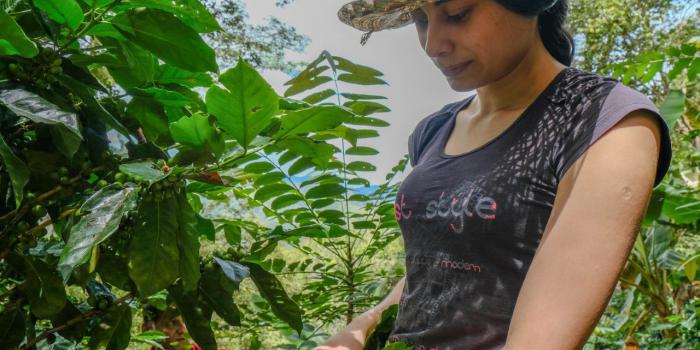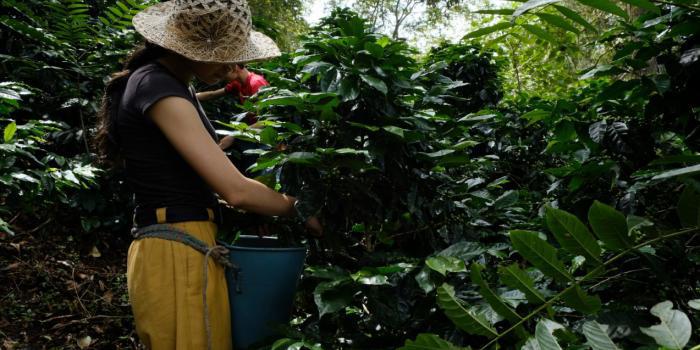
More than 121 thousand conflict victims in Colombia are coffee growers and more than 36% have overcome vulnerability
Of the 123 active business ventures identified to date, it stands out that 16.3% were created in 2018 and 77.2% are led by women.


In 2014 the International Coffee Organization (OIC) chose October 1st as the International Coffee Day. The aim was to promote product consumption, making visible and supporting fair trade and raising awareness about coffee growers’ current situation.
Coffee is the largest export product, and it represents 15% of the country's agricultural Gross Domestic Product (GDP). More than 545 thousand rural families gather income from this activity, and it generates more than 2.5 million direct and indirect jobs, according to figures from the Ministry of Agriculture in December 2020.
The Unit for the Victims and the Coffee Growers National Federation have an agreement that applies plans, programs and projects related to coffee aimed at this population. Among these actions, there’s the information exchange to identify coffee victims, marketing assistance, training and coffee trees planting, among others, which have contributed to integral reparation and life quality improvement for this group of people.
Of the 121,477 victims who are engaged in coffee work, 36.77% have overcome their vulnerability situation. The Unit has supported Cauca’s Collective Repair Subject Kite Kiwe in technical assistance thanks to the Integral Collective Repair Plan, which has allowed this group to improve the coffee production process.
In addition, the Coffee Growers National Federation helps the entity to obtain resources to aid victims that work growing coffee located in prioritized areas.
On the other hand, 22 surveys of roasted and ground coffee have been received and the products have been characterized considering quantity and stamps, so it becomes part of the Compro Cafe de Colombia web page, enabling digital commerce.
In a joint effort with Banco Agrario, loan benefits for victim population that grow coffee have been promoted. Furthermore, important work has been carried out with the Superintendency for the trademark registration process of victims' coffee products.
Cooperation resources have been managed between public and private entities to finance productive improvements. As for marketing strengthening, work is being done on identifying customers who are looking for differentiated, high-quality social coffee brands or products.
Currently, 123 active enterprises led by conflict victims are identified in the coffee sector: 49% are in Nariño, followed by Antioquia, with 26%, and Caldas with 13%. Likewise, 16.3% of the enterprises were created in 2018 and 77.2% are led by female victims.
(End/AVA/COG/RAM)






